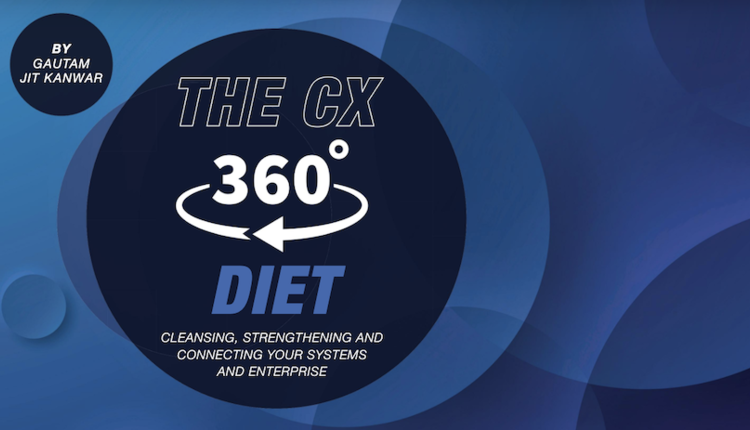
The birth of what we now know as customer communications management (CCM) began almost two decades ago with the ability to personalize what were then called “documents.” Over the years, those documents have evolved into complex CCM applications designed to support an enterprise’s initiatives to improve the customer experience. Though the best known (and probably most frequently utilized) functions of CCM systems are the features that enable contacting clients on a regular basis and through the channel they prefer, modern CCM solutions offer much more. Extended capabilities include mapping your customers’ journeys as they move through your organization, integrating all channels and points of contact and delivering an interactive response. Drilling it down, we all hope that a well-managed CCM solution can help your organization see your clients more clearly and help you anticipate their needs. While many companies have installed CCM systems over the years, they may not have the resources, time or knowledge to take advantage of everything these platforms have to offer.
As CCM software has evolved, managed service providers (MSPs) specializing in CCM have evolved alongside them. To clarify, “managed services” is different from “hosted services.” An MSP will work on the CCM system installed in your own operation and behind your firewall and other security arrangements. In some instances, your applications can be maintained in a private or hybrid cloud environment by an MSP or customer data remains in an on-premise environment.
By contrast, a CCM hosted managed service (HMS) usually operates on software located either in a digital cloud or within another facility and is managed by the host. Customer files and other data is temporarily and securely moved outside of your organization for processing. The popularity of a CCM HMS solution rests in the fact that it removes the burden on IT resources associated with purchasing and installing CCM software and moves the enterprise from a capital expenditure model to an operational expense model.
Expertise that fills a CCM technology gap
Primarily, what both models bring to your organization is specific expertise. In choosing to bring in a CCM MSP, you partner with a quality-assured and risk-managed full-service team that augments your staff to help ensure your technology investment is reinforced with secure, stable, reliable performance to enable a positive transformation of your time to market, cost and flexibility in delivering customer communications and customer experience. Conversely, CCM HMS is a technology delivery model where a service provider offers a set of integrated technology capabilities at their facility that enable the end-to-end management of the full customer communications lifecycle.
Both situations should bring already well-developed skills and experience to your organization to help you be proactive, introduce new and emerging capabilities—and do so quickly. Though your IT staff may lose some perceived control over the CCM solution, they stand to gain more time to focus on their core responsibilities.
Typically, CCM MSPs operate on a contractual basis, often with flexible, customized terms to meet your specific requirements. The MSP should bring skills that can assist you in developing a CCM solution, maintain your system per service level agreements, onboard new customers and content, fulfill your requirements regarding legal and regulatory compliance as well as internal approvals, and handle any new development, upgrades or changes to your CCM software. MSPs most often charge for services on an as-needed basis, which may help reduce costs compared to hiring a full-time employee with a comparable level of knowledge and experience.
The pricing model for a CCM HMS will be different for every service provider, but typically it is broken down into three categories that take into account an initial service deployment fee that includes the labor involved in setting up the infrastructure, production services fees for the composition, delivery, archival and service interactions of the transactional documents, and ongoing labor-based services to support the new service and any change management involved. Madison Advisors, an analyst firm that studied CCM HMS, recommends that pricing models from a CCM HMS should be easy to understand and tie directly to the outcomes achieved.
Because CCM solutions are tailored to your organization’s needs, it’s recommended that you seek a CCM MSP or HMS provider with a background in your industry or industry segment. It is important there is a clear understanding of the types of communications your company routinely produces and a familiarity with the legal and regulatory compliance governing your operations, well as the expectations of the clients you serve. These would be very different considerations for a financial institution, for example, than for a retail business or an insurance carrier.
Your CCM system may have much more functionality than it’s currently using and the learning curve on these types of applications is high. Employing support that offers a background in your field and in the technology can facilitate the delivery of a full return on your CCM investment by helping to fully deploy all the communication capabilities that bring in new customers, as well as to maintain positive and cooperative relationships with those you already serve. Having a well-managed CCM system ensures your ability to optimize the customer experience while also driving the efficiency necessary for the return on investment your company is promised.

















